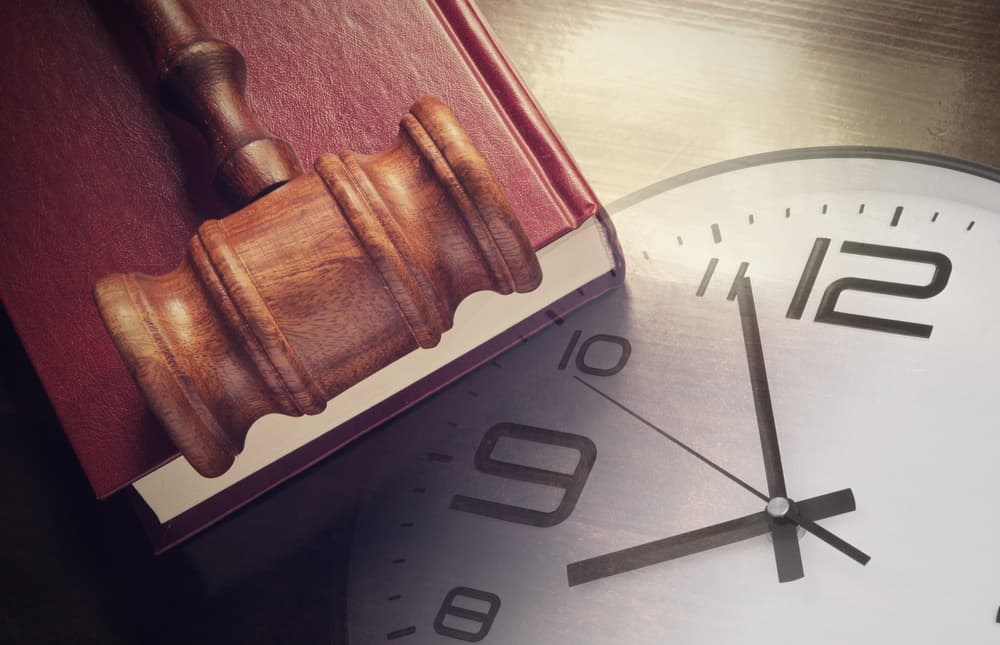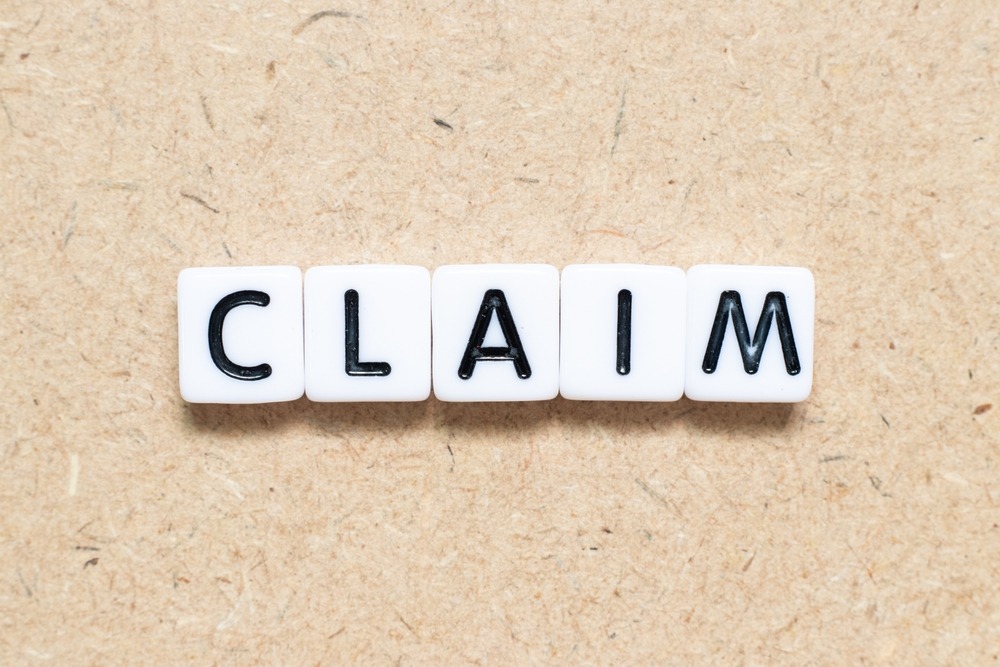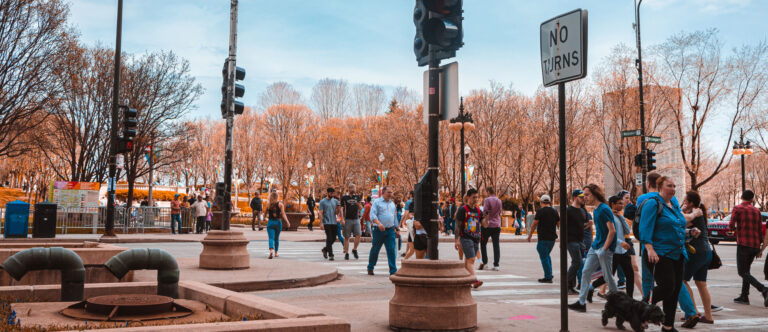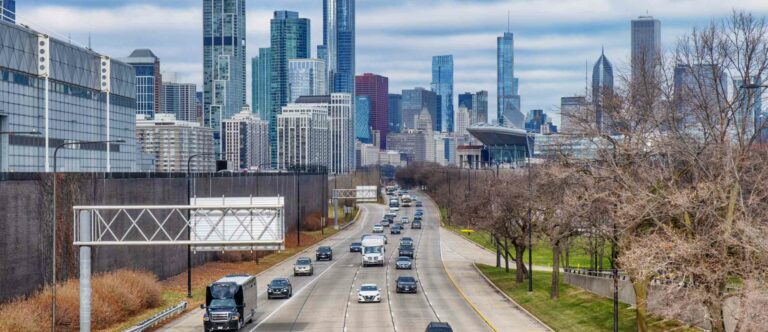Many people believe once a car accident claim is settled, that’s the end. But what if new injuries appear weeks later? What if your car repair costs were more than you thought? If you’re dealing with a situation like this, you might wonder, can you reopen a car accident claim in Chicago?
Let’s look at how car accident claims work, when they can be reopened, and what options are available if you’re not happy with your settlement.
What Happens When You Settle a Car Accident Claim?
A car accident claim begins when you report the crash and seek payment for your losses. You might ask for payment for medical bills, car repairs, lost wages, and pain. Most of the time, your insurance company or the other driver’s company offers a settlement.
Once you agree to the amount, you sign a release form. This form says you won’t ask for more money for that same accident. It is a legal document. It is hard to undo.
People often settle to avoid court or because they need fast payment. That decision is final in most cases.
Common reasons people settle early:
- Bills are piling up
- They want to move on
- The insurance company pressures them
- They don’t feel badly injured at first
- They don’t fully know their legal rights
The release form is what stops most claims from being reopened. But there are a few exceptions.
When Can You Reopen a Car Accident Claim?
Usually, once you sign a release, your case is closed. Still, Illinois law allows claims to be reopened in certain limited situations.
Here are three paths that might allow you to revisit your case:
1. Fraud or Misrepresentation
If the insurance company or other party lied or hid facts, you may be able to take legal action. This includes false statements about coverage or the condition of the driver.
Fraud cases require proof. You would need to show:
- The other party knowingly gave false information
- You relied on that information when agreeing to settle
- You suffered financial harm because of it
2. Mistake in the Settlement
Sometimes, both sides make a mistake in the paperwork. For example, a clerical error or wrong amount listed could be grounds to fix or cancel the agreement. This is not common, but courts have allowed it.
You’ll need a lawyer’s help to review the documents and point out the problem.
3. Claims Involving Multiple Parties
If your settlement only covered one party (like the driver), you may still have the right to sue another responsible party. This can include:
- The employer of a commercial driver
- A manufacturer if a defective part caused the crash
- A city or state agency if poor road design contributed
Your original release won’t block your claim against others in these cases.
What About Discovering New Injuries?
Some injuries don’t show up right away. Soft tissue injuries, concussions, or back pain might take days or weeks to appear. Unfortunately, once you settle, you give up the right to ask for more even if new injuries appear.
If your symptoms appear before you sign a release:
- Go to a doctor immediately
- Document every new symptom
- Tell the insurance adjuster and hold off on settling
If you have already signed, claiming more money is tough unless fraud or a mistake applies. Courts expect people to wait until they are medically stable before signing a release.
To protect yourself:
- Don’t settle too fast
- Wait for full medical exams
- Get a second opinion if needed
- Keep copies of medical records and imaging
Can You Sue After Settling?
In most cases, no. The signed release blocks you from filing a lawsuit for that same accident. There are a few rare cases where suing may still be possible.
Situations where you might still sue:
- Fraud was involved
- A new party not named in the original claim is found
- There was no legal capacity to sign (for example, you were heavily medicated)
Even in those cases, time limits apply. You must act fast. Illinois law has a statute of limitations for personal injury claims, usually two years from the date of the crash.
You may lose your chance if you wait too long.
How Long Do You Have to Reopen a Claim?

There is no simple answer. It depends on what grounds you are using to try to reopen the case. Most claims must follow the two-year personal injury limit in Illinois. But if fraud is involved, the clock might start when the fraud is discovered.
Here are some general guidelines:
- Personal injury: 2 years from the date of the accident
- Property damage: 5 years in Illinois
- Fraud: 5 years from when you learn about the fraud
If you already signed a release, the court may say you waited too long unless you act quickly once you suspect a problem.
Deadlines can be tricky, and they are strict. If you’re not sure, speak to a lawyer right away.
Can You Reopen a Claim If a Child Passenger Was Later Diagnosed with an Injury?
Car crashes involving children are especially sensitive. A child might seem fine right after the accident, but some injuries can take time to appear. In some cases, a parent may settle their claim quickly, only to find out weeks or months later that their child is now experiencing pain, limited movement, or signs of trauma.
Illinois law treats injury claims for minors differently than for adults. Even if the parent’s claim is settled, the child’s right to seek compensation may still be open.
There are a few key points to know:
- A parent or guardian usually files a minor’s injury claim, but it is legally their claim, not the adult’s.
- Courts often require approval of any settlement involving a child, even if it seems fair.
- Children have more time to file a lawsuit. The statute of limitations is often extended until they turn 18, plus two years.
You may still have options even if:
- The child was not examined fully at the time of the crash
- The parent signed a general release covering all passengers
- The insurance company did not ask about separate claims for minors
Three steps to take next:
- Schedule a full medical evaluation for the child if symptoms appear later.
- Gather copies of the original claim, including who it names and what was released.
- Ask a lawyer if the child’s rights were properly handled during the original settlement.
A court may allow a new claim for the child even if the adult’s settlement is closed. These situations are fact-specific and need careful review. Families should not assume they are out of options just because time has passed.
What to Do If You’re Unhappy With Your Settlement
If you have already accepted a settlement and think it was too low, you may feel stuck. Many people regret settling fast or without help. You may be unable to reopen the claim, but there are still steps to take.
Things to consider:
- Review the settlement papers. Did you release all parties?
- Check whether fraud or a mistake occurred
- Look into whether someone else might be at fault
- Gather all records of the crash and your injuries
You can also file a complaint with the Illinois Department of Insurance if you believe the insurance company acted unfairly.
Three key actions:
- Get a full copy of your settlement and release documents
- Speak to a lawyer to evaluate any legal options left
- Avoid signing anything else without review
Can a Lawyer Help After Settlement?

Yes, in limited cases. A lawyer can examine whether fraud, errors, or other factors might allow a claim to be reopened. They can also look into whether another party could still be held responsible.
Even if the case cannot be reopened, a lawyer may help recover damages through other legal routes.
A lawyer can:
- File a claim against a different responsible party
- Challenge the settlement in court for fraud or mistake
- Get records or documents you may not have access to
- Negotiate with insurers on your behalf, especially if future claims are possible
Lawyers can quickly tell whether reopening a claim is likely.
How to Avoid This Problem in the First Place
Reopening a claim is very hard. The better option is to avoid the need to reopen it.
Here’s how to protect your rights from the start:
- Wait until your treatment is done
Don’t settle before you know the full cost of recovery. - Keep good records
Save all bills, doctor notes, photos, and messages. - Don’t trust verbal promises
Only what is in writing matters. - Watch out for pressure
Insurance adjusters may try to rush you. - Ask questions
Never sign anything if you don’t understand it. - Talk to a lawyer
You don’t have to hire one right away, but good advice early can prevent major problems later.
What if You Never Filed a Claim?
If the accident happened within the last two years and you never filed a claim, you may still be able to take action. This is not reopening — this is opening a claim for the first time.
This may apply if:
- You didn’t think you were hurt at the time
- The other driver promised to pay but didn’t
- You were too shaken to deal with it right away
- You weren’t the owner of the vehicle and didn’t realize you had rights
You still need to act quickly. Evidence fades. Witnesses forget. And you may run out of time under the law.
Frequently Asked Questions
Can I reopen my claim if I learn the other driver didn’t have a valid license?
Possibly, but not just because the driver was unlicensed. If the lack of a license was hidden from you and could have changed the value of your case, it may support a fraud or misrepresentation claim. This is rare and would need strong proof that it affected your decision to settle.
What if I signed the release while in the hospital?
If you signed while under heavy medication, confused, or without proper mental clarity, you may be able to argue the agreement was not valid. These cases can be hard to win, but a lawyer can review the situation and check whether legal capacity was an issue at the time.
Can I reopen a claim if the insurance company is still contacting me?
Once a settlement is final, contact should stop. If the insurer is still reaching out, it could mean paperwork was incomplete or your claim wasn’t fully closed. It’s worth reviewing the documents to be sure. If there’s no signed release, the case may still be open.
I found out the other driver was using a fake name. Does that change anything?
Yes, possibly. If the identity of the person who caused the crash was false or concealed, that could be grounds for reopening your claim. This might involve fraud or even criminal activity, and it could shift liability to another party.
Can I sue if I was told not to file a claim at the time?
If someone told you not to report the crash and you relied on that advice, you may still have a case — especially if it was a police officer, insurance rep, or the other driver. You’ll need to act fast, since the clock may have already started running. Keep records of any messages, texts, or witnesses who heard those
Get Help Before It’s Too Late
Once a car accident claim is settled, it’s very hard to go back. If you’re asking whether you can reopen a car accident claim in Chicago, don’t wait to get the answers. Talk to someone who can review your case, your paperwork, and your options.
If you think your settlement was unfair, or your injuries are worse than you realized, call Walner Law in Chicago at (312) 410-8496. A quick conversation can help you figure out what to do next.


 Skip to content
Skip to content




